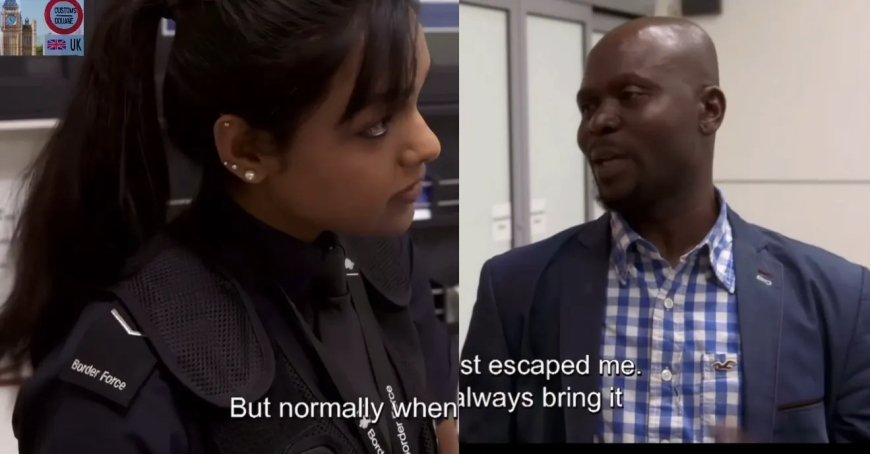A Ghanaian businessman traveling to the UK recently faced rigorous questioning by Border Force officials after declaring he was carrying £114,000 in cash.
Upon arrival, the businessman stated that the money was for purchasing second-hand car parts, a claim that prompted a detailed investigation to ensure the funds were not linked to illegal activities.
The situation began when Border Force officer Ramia noticed discrepancies in the businessman's explanation and supporting documents. Although he presented paperwork, some dated back to 2010, raising further concerns. Additionally, his admission of previously bringing £12,000 into the UK without declaring it contradicted his earlier statement of declaring amounts under the £10,000 threshold.
Despite these inconsistencies, the businessman maintained his innocence, explaining that cash transactions are standard practice for businesses in Ghana, where 75% of transactions rely on physical currency. Ramia contacted the National Crime Agency (NCA) and reached out to the man's UK-based suppliers. The suppliers confirmed their relationship, stating they regularly conduct business with him and accept cash payments.
After thorough verification, Border Force officials were satisfied with the legitimacy of the funds and released the money. The businessman was reminded to carry proper documentation for any future cash declarations exceeding €10,000.
The incident highlights the importance of transparency in international cash transactions and the diligence of Border Force officials in safeguarding against potential financial crimes.

